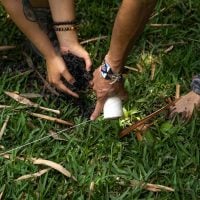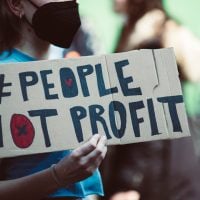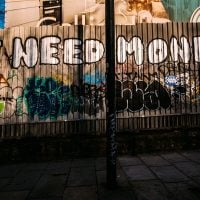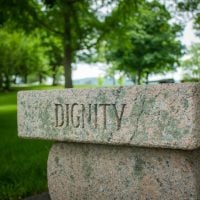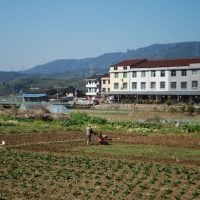Deadline: 31-Aug-2025
UNHCR Bangladesh is inviting experienced organisations to submit Expressions of Interest (EOIs) to implement innovative, sustainable, and market-oriented self-reliance and skills development programmes for Rohingya refugees in Cox’s Bazar and Bhasan Char. These initiatives aim to strengthen refugee resilience and reduce their dependence on humanitarian assistance.
Most refugees in Cox’s Bazar lack regular income opportunities and occupational skills, which would be essential for their voluntary return to Myanmar in the future. According to the Rohingya Emergency Vulnerability Assessment (REVA 7) published in July 2024, 97% of Rohingya households are moderately to highly vulnerable and fully reliant on aid.
Findings from the 2024 ISNA show that while 79% of households report having at least one income source, only 35% of those earners contribute meaningfully to household expenses. This highlights the insufficiency of current income opportunities and underlines the need for skills training and livelihoods programming.
UNHCR seeks to scale up vocational and skills development, socio-economic empowerment initiatives, and self-reliance activities, particularly targeting women and youth. These programmes will be implemented both in camps and host communities, aiming to enhance economic opportunities and resilience.
The Livelihoods Sector response focuses on five priority areas. These include vocational and skills development aligned with the UN/GoB Framework, income-generating activities and entrepreneurship, market-oriented production in the camps, and business-driven agricultural production, particularly on Bhasan Char.
Skills development activities will be targeted at refugees aged 18 to 35 in Cox’s Bazar and Bhasan Char. This includes a six-month Accelerated Adult Literacy (AAL) programme based on the UNESCO curriculum to prepare adults for further skills training. Formal vocational training through Competency-Based Training (CBT), along with language, ICT, and cultural orientation courses, will also be offered.
Advanced ICT training will be introduced for eligible refugee and host community youth, in partnership with international entities. This programme will link digital skills with income opportunities, supporting both education and self-reliance goals.
Entrepreneurship initiatives will include volunteer placements for Level 1 skills graduates, providing up to six months of paid volunteer work. Graduates will also be supported in starting micro or small businesses through grants or in-kind assistance, complemented by financial literacy training.
Centre-based production activities will continue in both locations. In the camps, five production centres will manufacture female hygiene materials. Craft production will also be supported, including jute bags and fabric crafts in selected camps and on Bhasan Char, with an emphasis on expanding marketing opportunities.
On Bhasan Char, agricultural livelihoods will be supported through commercial aquaculture, poultry farming, livestock rearing, and vegetable cultivation. These activities will build on existing successful models and support internal market development. Proposals that establish external market links for Bhasan Char products are encouraged.
The overall impact of these efforts by 2029 is for forcibly displaced people to thrive as part of empowered communities. The expected outcome is increased self-reliance and reduced dependency on aid.
Key outputs will include increased access to income-generating activities and widespread delivery of skills development training. The project will be implemented in Chittagong, Bangladesh, focusing on livelihoods, self-reliance, and technical and vocational education and training.
For more information, visit UNHCR.

